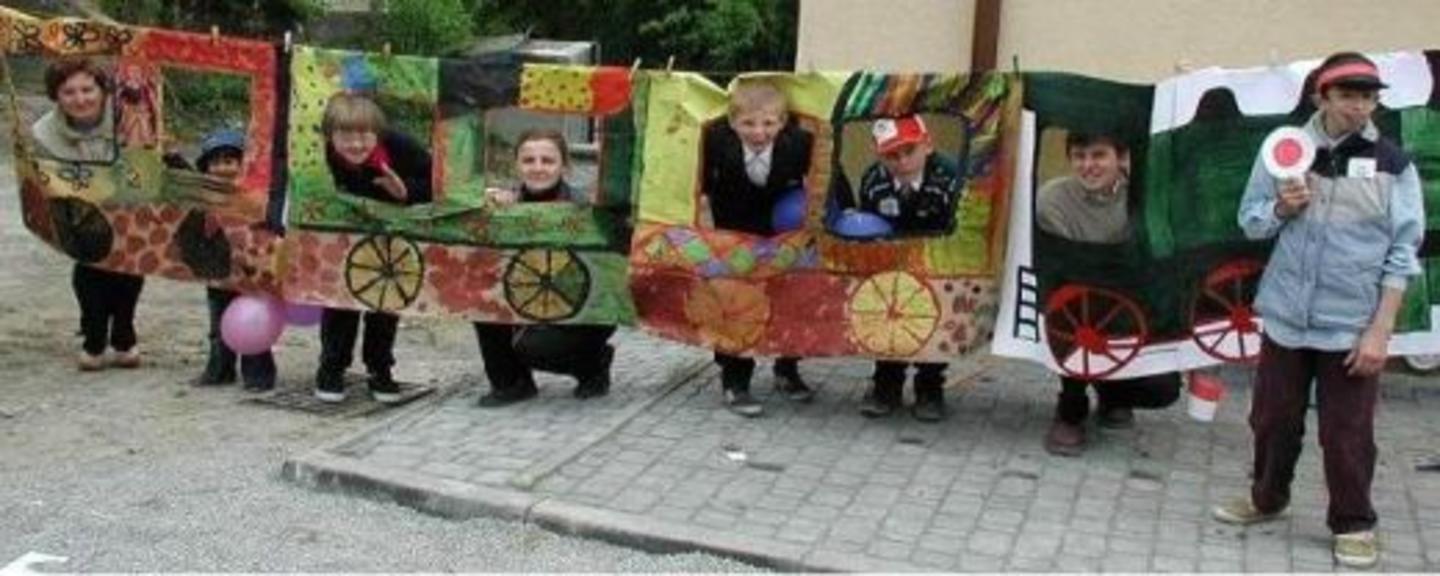Most of the inhabitants in Sandomierz are largely unfazed by the scaffolding on the sides of the historical building in the city’s old town. But the region's young, disabled people are eagerly anticipating this building's completion, which will be the region’s first specialist school preparing them for employment.
Caritas of Sandomierz Diocese, a local NGO, has been awarded €1.6 million from the EEA Grants to establish a vocational school for mentally disabled people between the ages of 15 and 21. The grant will cover 90 percent of the expenses of renovating and adequately equip the school and pay for the three first years of its operation. Caritas of Sandomierz Diocese is contributing the remaining 10 percent of the costs.
Diversified training
Once up-and-running in 2010, the school will enrol 28 students a year in one-year training programmes. The education will be tailored to each student’s predispositions and interests, aimed at helping each student to develop skills and master activities that may later open up the possibility of entering the job market.
Besides therapeutic and rehabilitation classes, practical training on job performance will be held at a small café in the school and at workshops involving local employers. Examples of activities the students may choose to do in the local community include assisting elderly people, gardening and carpentry works, making souvenirs, washing cars and handling office activities.
Strong need
The new school follows the success of an existing rehabilitation and educational services for handicapped children in Sandomierz, provided by the 'Joy of Life' centre also run by Caritas of Sandomierz Diocese. "There is no similar training institution in Sandomierz or in neighbouring provinces for young adults with mental disabilities. This is a much needed facility that will ease the pressure and strain on parents and families," said Lidia Sulicka, who works for the 'Joy of Life' centre. "By preparing disabled children and youth to take up a job on their own and teach them daily life skills, we increase their chances of getting integrated into society," she added.
Holistic approach
Creating routes into employment for disabled people is much needed in Poland, where most people with disabilities never enter the job market. In November last year, OECD strongly urged the country to help disabled persons find work. In Poland, less than one in five disabled persons are in employment, significantly below the OECD area average of more than two in five. Caritas of Sandomierz Diocese aims to significantly improve this figure in their region.
After completion of the one-year course, the centre will assist the students in finding employment. Local employers have shown interest in the project, as they see their participation in the real-work training programmes throughout the educational year as a way to broaden the pool of potential employees. If needed, the 'Joy of Life' centre will also provide assistance to students who later experience difficulties in their eventual employment. After the first initial years of operation, the school will be financed by subsidies from the Polish National Health Fund and Caritas' own resources.
